As you know, the coronavirus has become a major health concern, not just in China, but in other parts of the world, too – and it’s also shaken up the financial markets. As an individual investor, how concerned should you be? The impact of the coronavirus on the markets isn’t surprising. China is the world’s second-largest economy, and when it experiences factory closures, supply chain disruptions and city lockdowns, the ripple effect on the world’s other economies is considerable. Plus, the financial markets simply don’t like uncertainty – and there’s a lot of that associated with this outbreak and the efforts to contain it. Nonetheless, instead of worrying over events you can’t control, try to focus on what you can do in this investment climate. Here are a few suggestions:
- Don’t panic. The coronavirus may well cause continued market volatility over the next several weeks, or even months. But it’s important for investors to take a long-term view. Market corrections – typically defined as a drop in investment prices of 10% or more – are a fairly common occurrence, and we may have been overdue for one even before the coronavirus scare. In any case, it’s generally a good idea not to radically revamp your investment strategy unless you experience a major change in your personal life – a significant career move, medical condition, change in family situation, etc.
- Be aware of history. The coronavirus is certainly serious, but it’s not the only viral outbreak we’ve seen in recent decades. During these earlier pandemics, the financial markets also took a hit, but they bounced back. For example, from late April 2003, in the midst of SARS (severe acute respiratory syndrome) until late April 2004, the S&P 500 rose about 21 percent.* And other large gains were recorded following the outbreak and decline of the Ebola and Zika viruses. Of course, the past performance of the markets in pandemic situations can’t necessarily predict future market developments; every situation is different, and over the next year, returns might be modest, as prices have already soared in the 11 years since they bottomed out during the financial crisis of 2008-09.
- Don’t try to time the market. We may well see coronavirus-based volatility in the near future – but volatility implies “ups” as well as “downs.” If you try to time the market by guessing at highs and lows, and then “buying high and selling low,” you might get lucky once in a while, but you could just as easily miss the mark.
- Keep a diversified portfolio. In addition to avoiding efforts to time the market, you should also stay away from trying to pick “winners” and “losers” among individual investments in the marketplace of viruses. Instead, try to build and maintain a diversified portfolio, consisting of an array of different asset classes, with the allocation of these assets based on your risk tolerance and time horizon. Diversification doesn’t prevent losses or guarantee profits in a declining market, but it may help reduce the impact of volatility on your portfolio.
You may not be able to totally quarantine your portfolio from this serious virus in the short term, but by following a consistent, long-term investment strategy that’s appropriate for your individual needs, you’ll be doing what you can to help yourself move toward your financial goals. *The S&P 500 is unmanaged, not available for direct investment and is not meant to depict an actual investment. Support local, independent news – contribute to The Fallon Post, your non-profit (501c3) online news source for all things Fallon. Never miss the local news -- read more on The Fallon Post home page. 



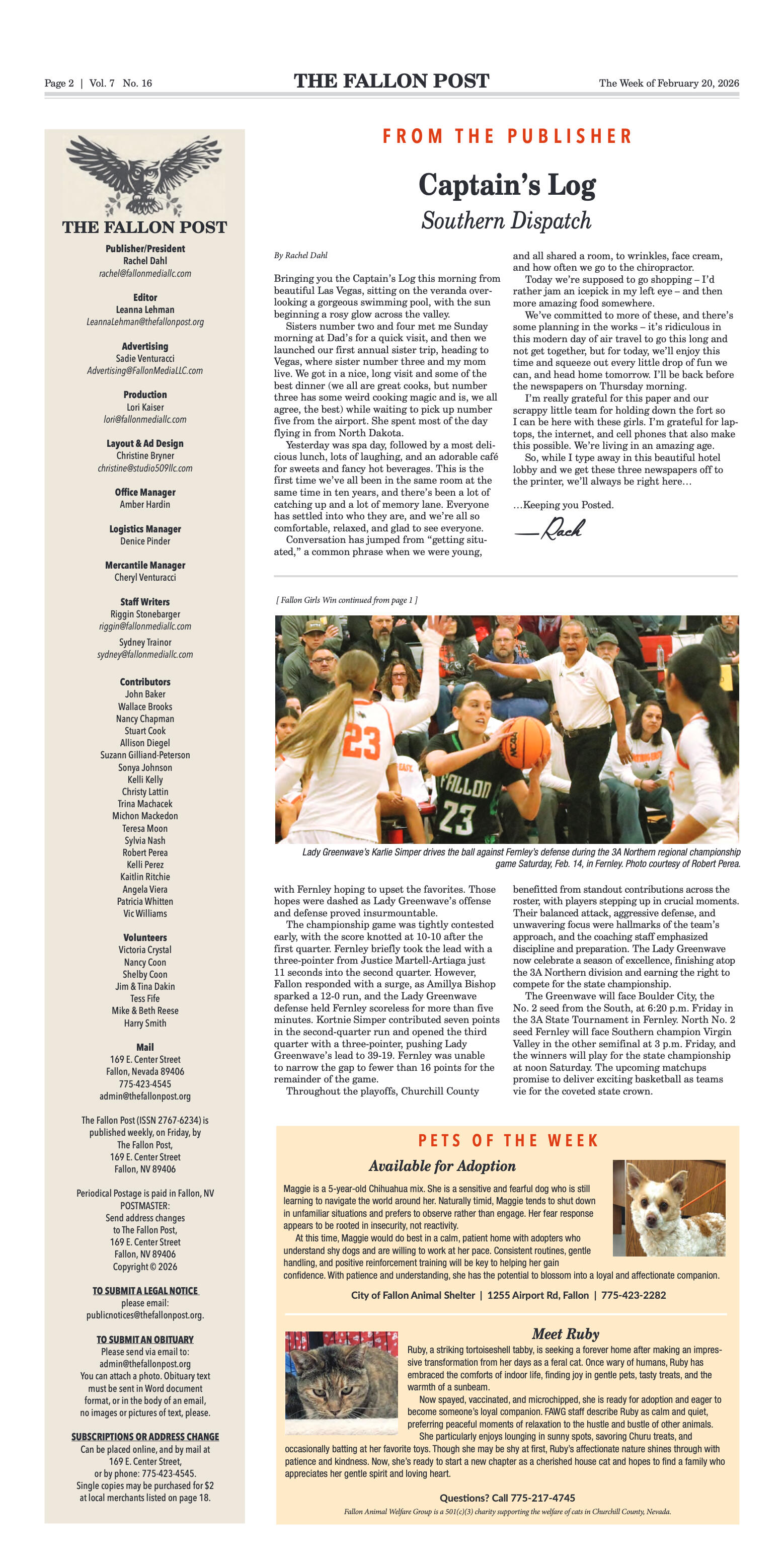

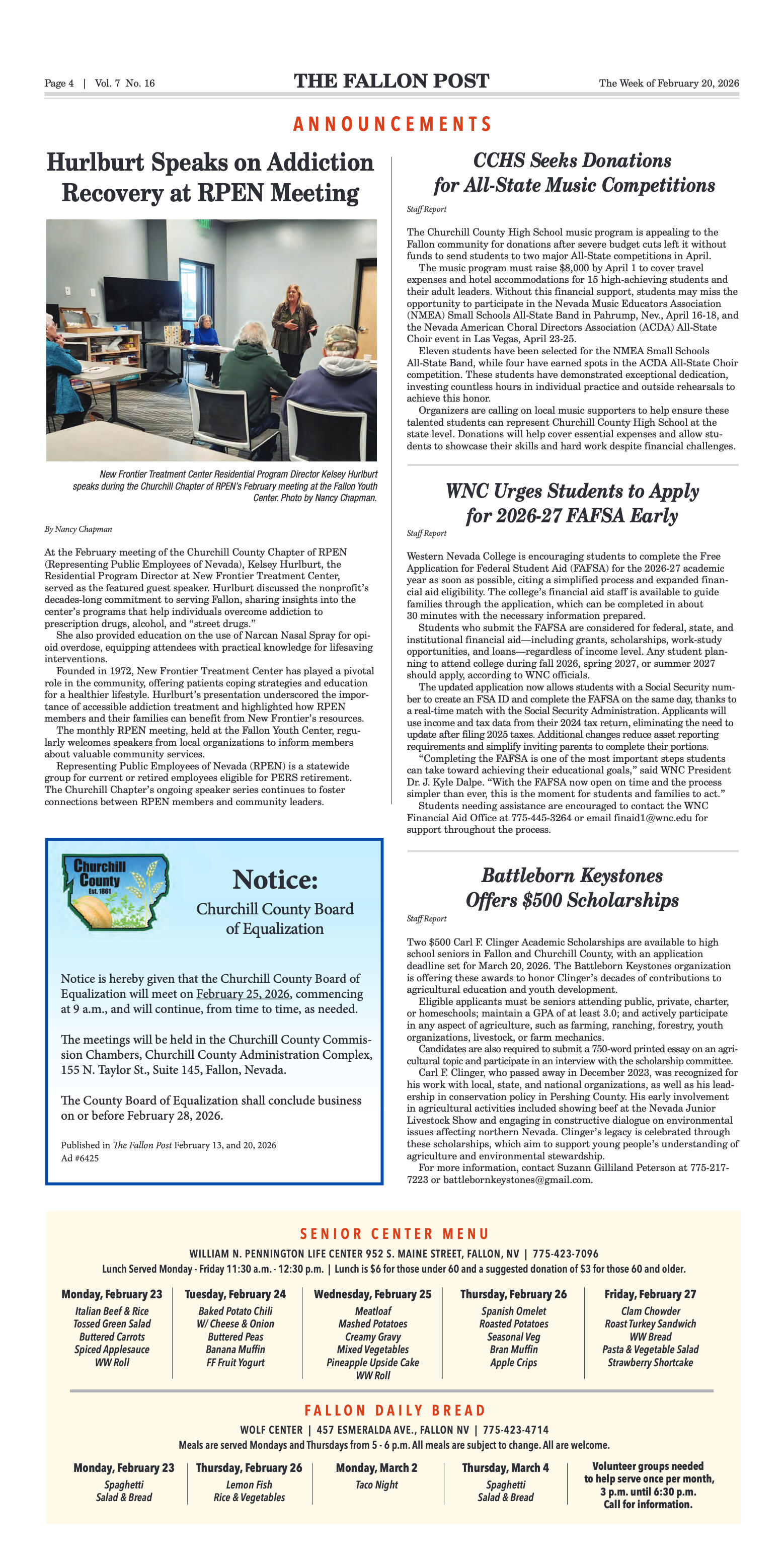
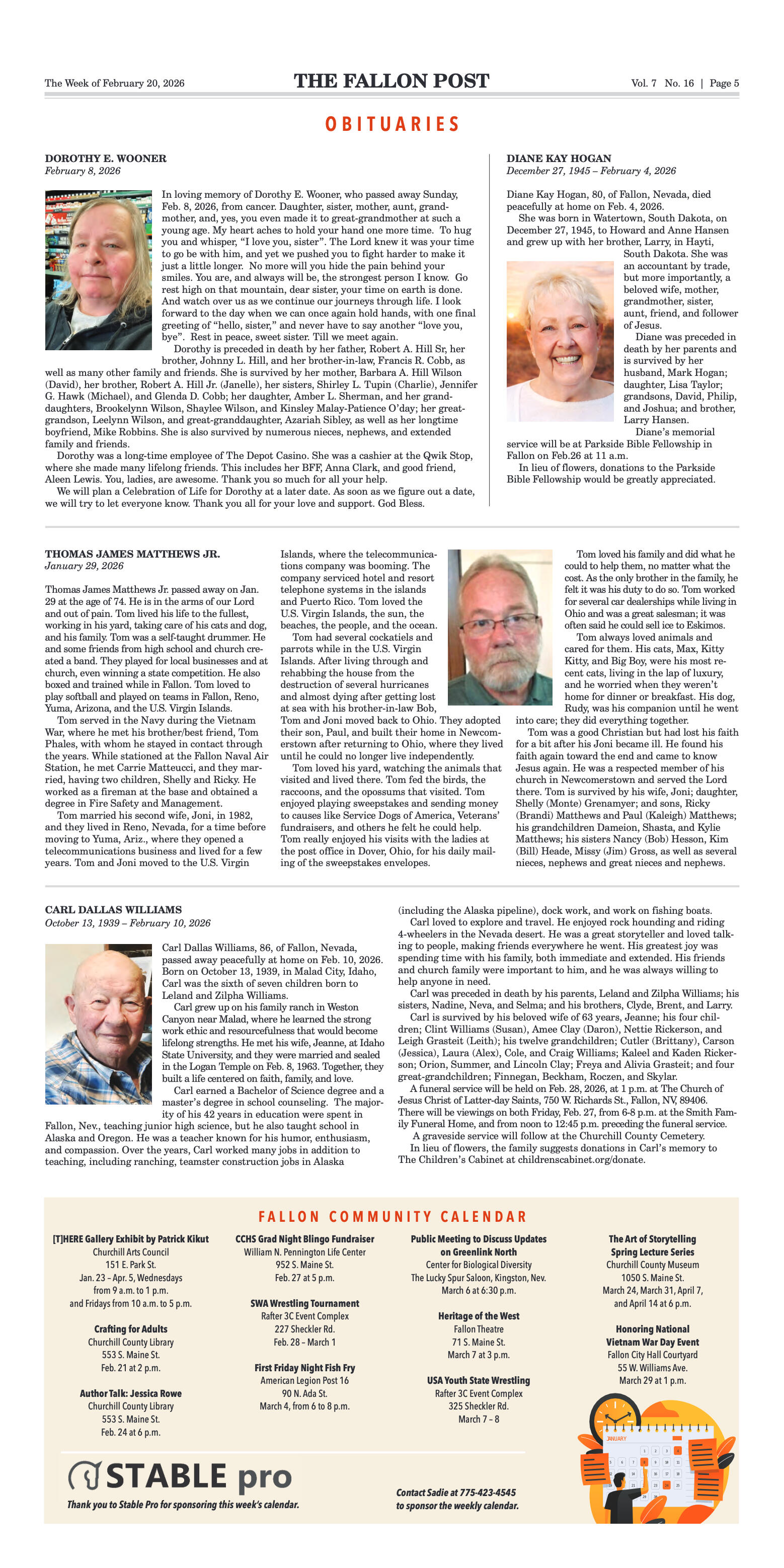
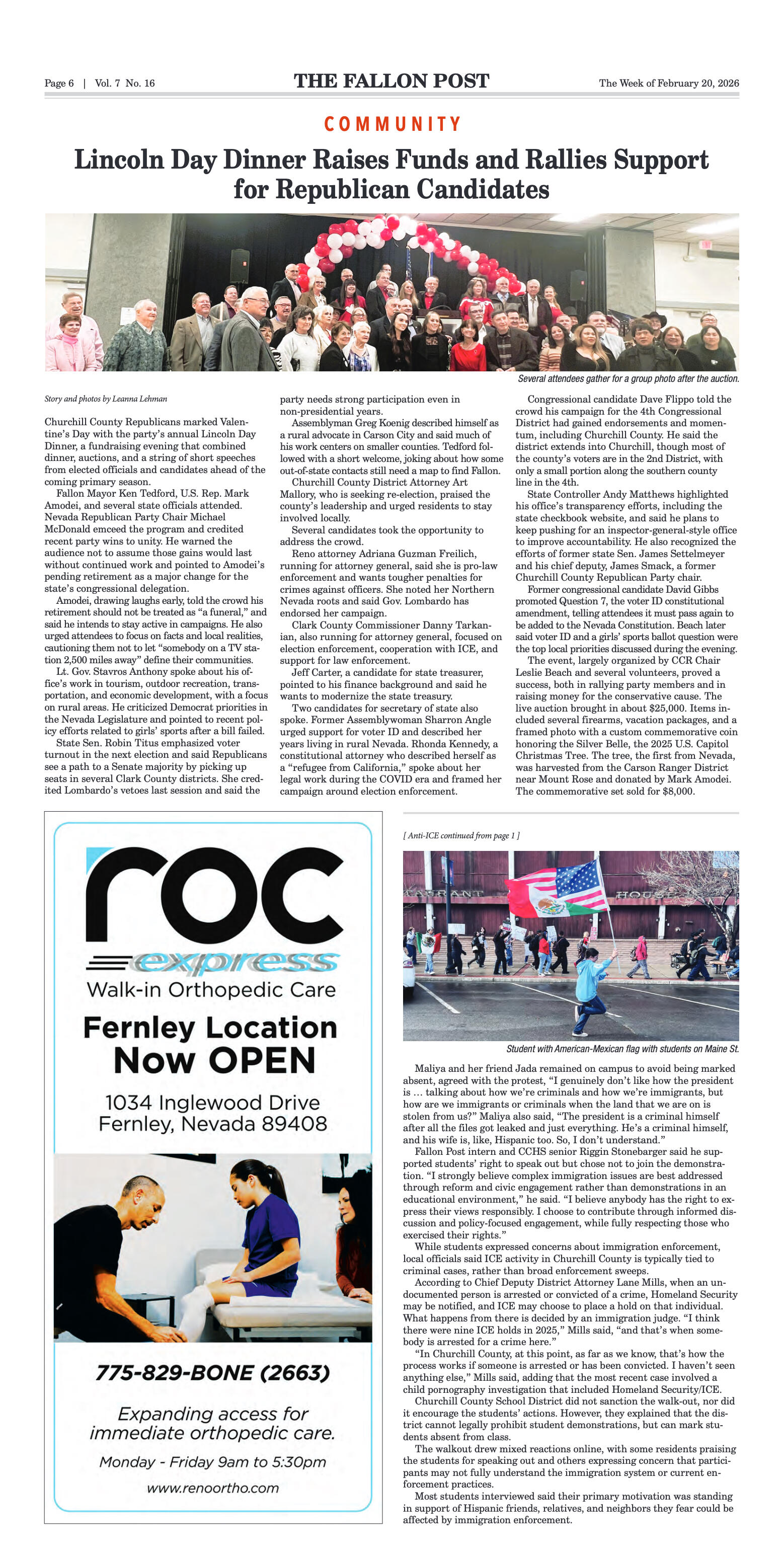








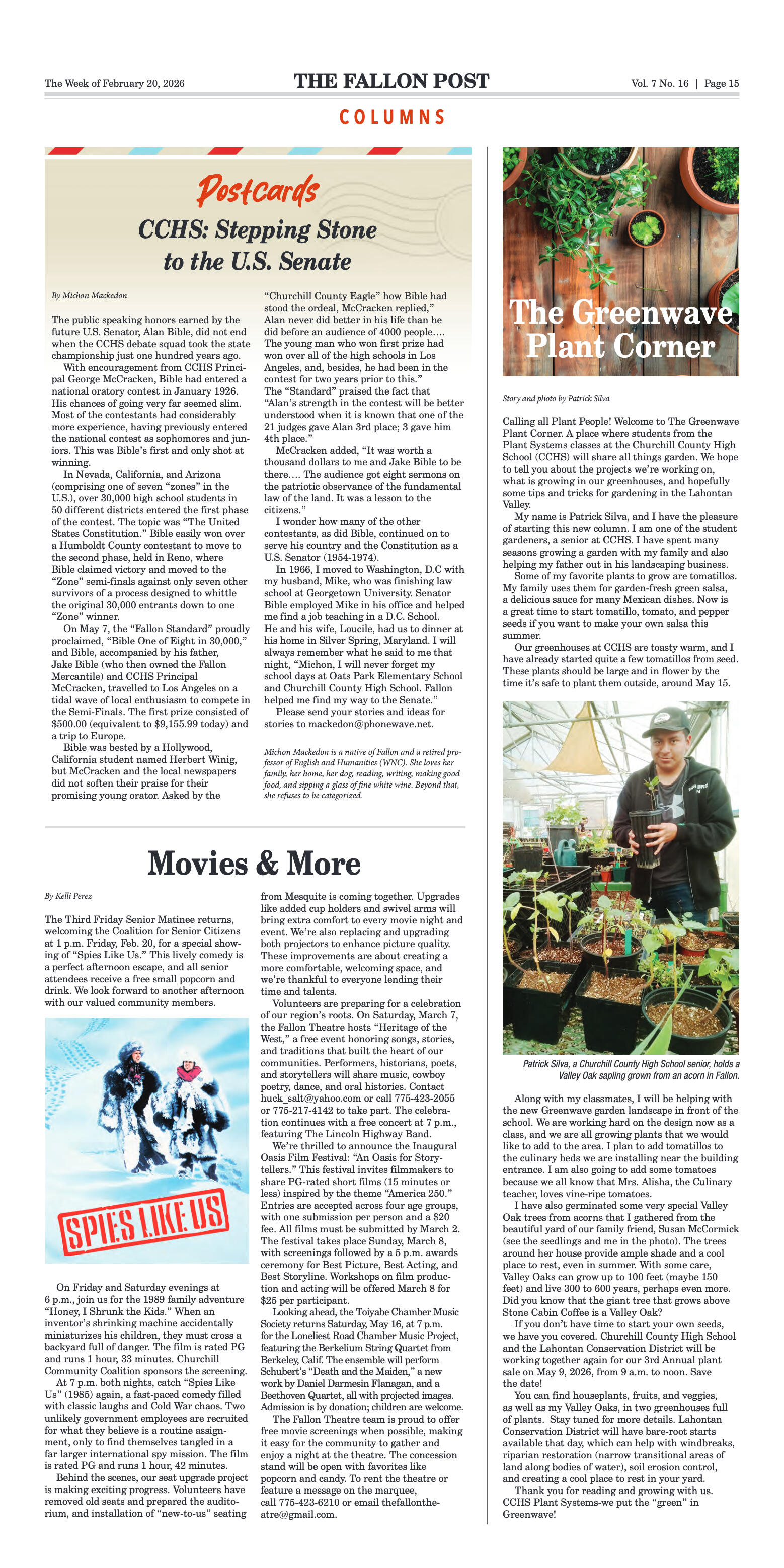



























Comment
Comments